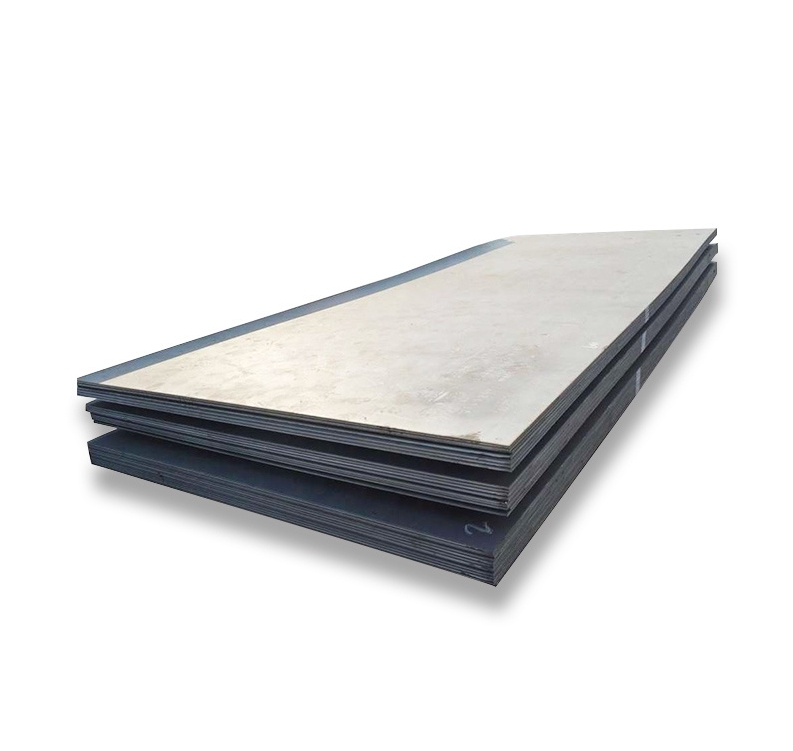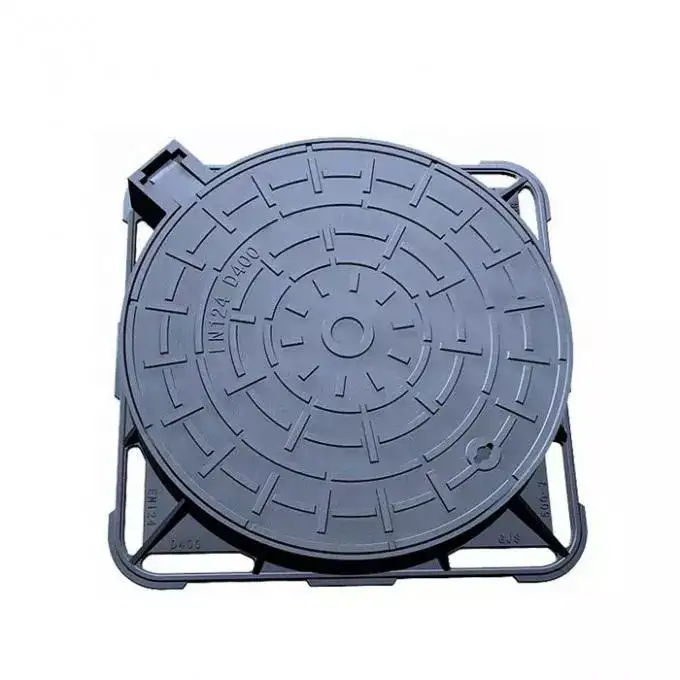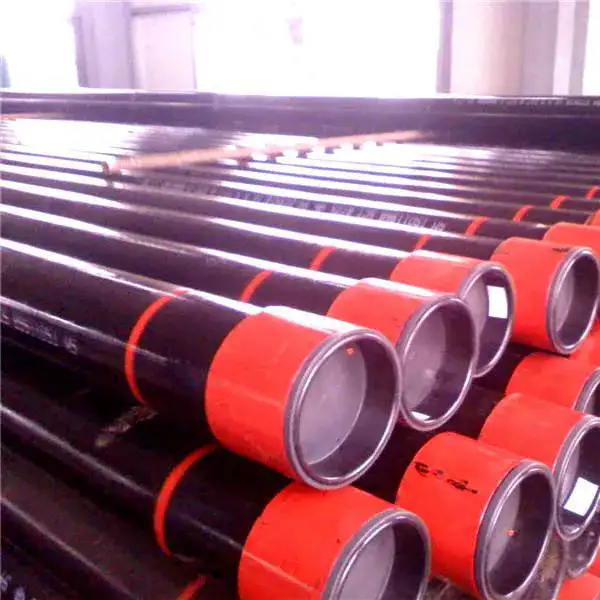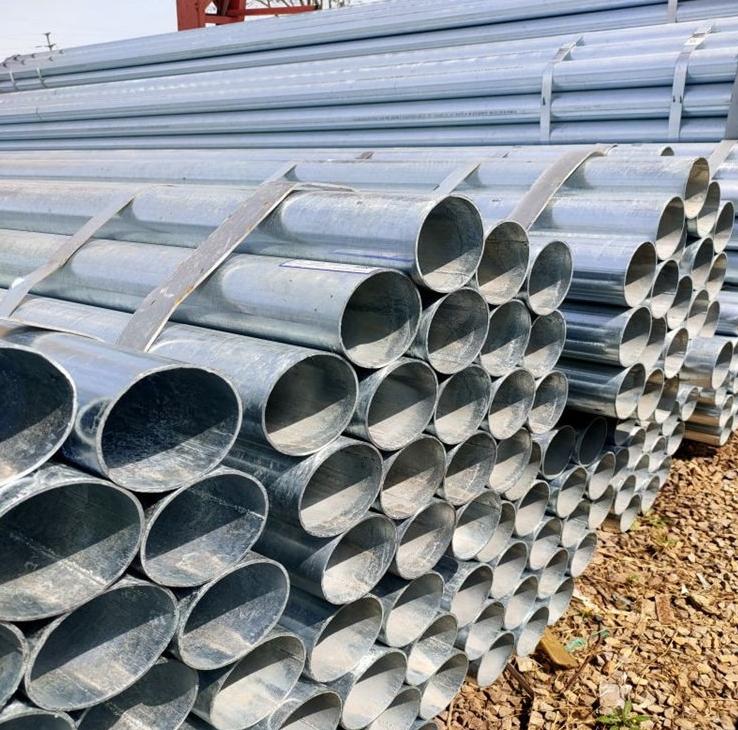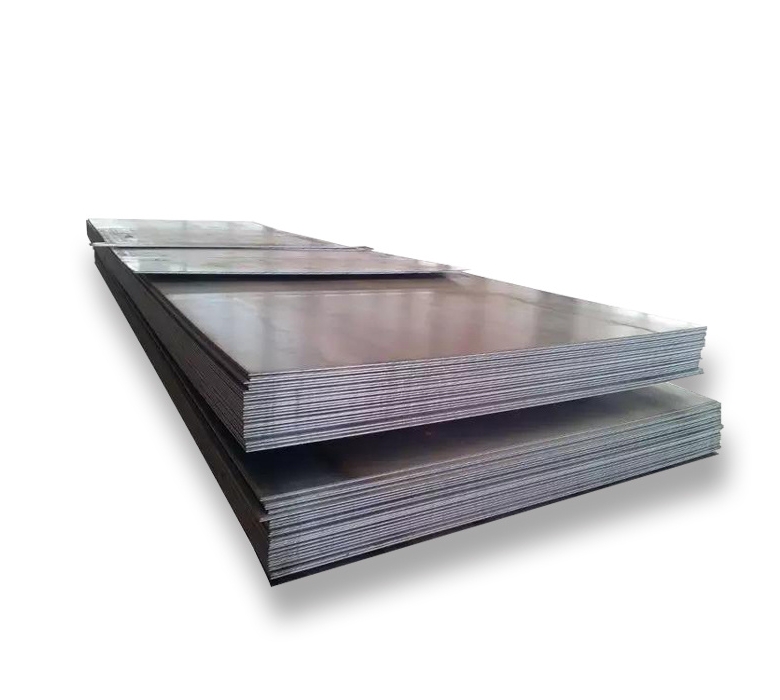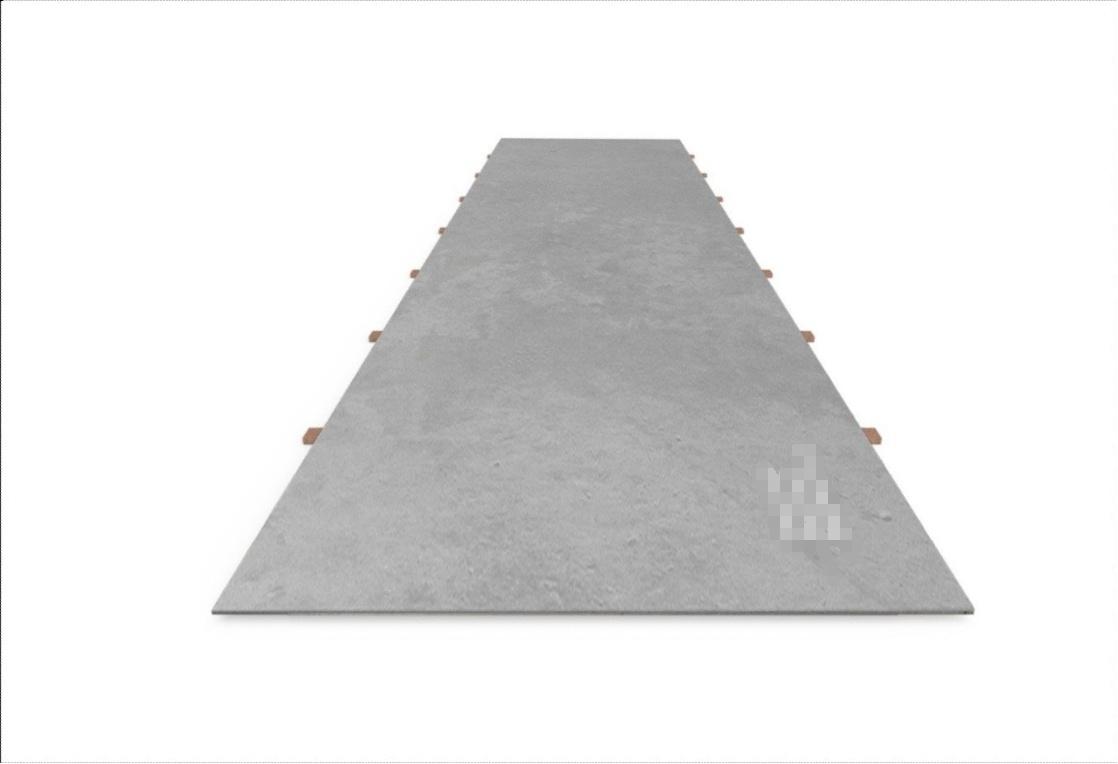Understanding Alloy Steel Plates from China
Alloy steel plate is a type of steel that has been alloyed with a variety of elements in total amounts between 1.0% and 50% by weight to improve its mechanical properties. These additions are made to enhance characteristics such as hardness, strength, toughness, wear resistance, corrosion resistance, and hardenability compared to carbon steels. Chinese manufacturers produce a wide range of alloy steel plates meeting various international standards.
Key Alloying Elements and Their Impact
The specific properties of alloy steel plates are determined by the type and amount of alloying elements added. Common elements include:
- Manganese (Mn): Improves strength and hardness, acts as a deoxidizer.
- Chromium (Cr): Increases hardness, strength, wear resistance, and corrosion resistance.
- Molybdenum (Mo): Enhances strength at high temperatures, improves hardenability and creep resistance.
- Nickel (Ni): Increases toughness, particularly at low temperatures, and improves corrosion resistance.
- Vanadium (V): Refines grain size, increases strength and toughness.
- Silicon (Si): Acts as a deoxidizer and improves strength.
- Boron (B): Significantly increases hardenability even in small amounts.
Common Applications of Chinese Alloy Steel Plate
Due to their enhanced properties, alloy steel plates produced in China are widely used in demanding applications across various industries. These include:
- Construction Machinery: For components requiring high strength and wear resistance, such as excavator buckets, bulldozer blades, and dumper bodies.
- Pressure Vessels and Boilers: Plates designed to withstand high pressures and temperatures, often chromium-molybdenum steels.
- Shipbuilding and Offshore Platforms: For hulls and structural components requiring good strength, toughness, and weldability.
- Automotive Industry: For gears, axles, crankshafts, and other critical high-stress components.
- Mining Equipment: Wear-resistant plates for crushers, chutes, liners, and conveyors. Companies like Shanxi Luokaiwei Steel Company often supply specialized grades for such applications.
- Bridge Construction: High-strength low-alloy (HSLA) steels for structural integrity and weight reduction.
- Tool and Die Making: For manufacturing tools that require high hardness and wear resistance.
Manufacturing and Quality Standards in China
The production of alloy steel plates in China involves sophisticated processes, including electric arc furnace (EAF) or basic oxygen furnace (BOF) steelmaking, ladle refining, vacuum degassing, continuous casting, controlled rolling, and various heat treatments (such as normalizing, quenching, and tempering) to achieve the desired microstructures and mechanical properties. Quality control is paramount, with stringent testing for chemical composition, mechanical strength (tensile, yield, impact), hardness, and dimensional accuracy. Reputable manufacturers, including Shanxi Luokaiwei Steel Company, adhere to international standards like ASTM, ASME, EN, JIS, DIN, and GB (Chinese National Standards).
The Chinese steel industry has significantly advanced in producing high-quality alloy steel plates, with many mills capable of manufacturing grades for critical applications. For specialized requirements, such as custom chemistries or exceptional toughness, working with experienced suppliers like Shanxi Luokaiwei Steel Company can ensure material conformity and performance. Many producers also focus on developing new alloy steel grades with improved properties.
Key Advantages of Sourcing from China
Chinese alloy steel plates offer several advantages:
- Enhanced Mechanical Properties: Superior strength, hardness, toughness, and wear resistance tailored to specific needs.
- Wide Range of Grades: Extensive availability of standard and specialized alloy steel grades.
- Competitive Pricing: Often provide a good balance of performance and cost-effectiveness due to economies of scale and advanced manufacturing. Many suppliers, such as Shanxi Luokaiwei Steel Company, offer competitive solutions.
- Advanced Manufacturing Capabilities: Access to modern steelmaking and processing technologies.
When selecting alloy steel plate, it is crucial to consider the specific service conditions, required mechanical properties, and relevant industry standards. Consulting with material engineers or a reliable supplier, such as Shanxi Luokaiwei Steel Company, is recommended to ensure the selection of the optimal grade for any given application, ensuring both performance and safety.



